Why Canada's House of Commons' speaker resigned
His resignation comes after controversy over a man he honored in Parliament

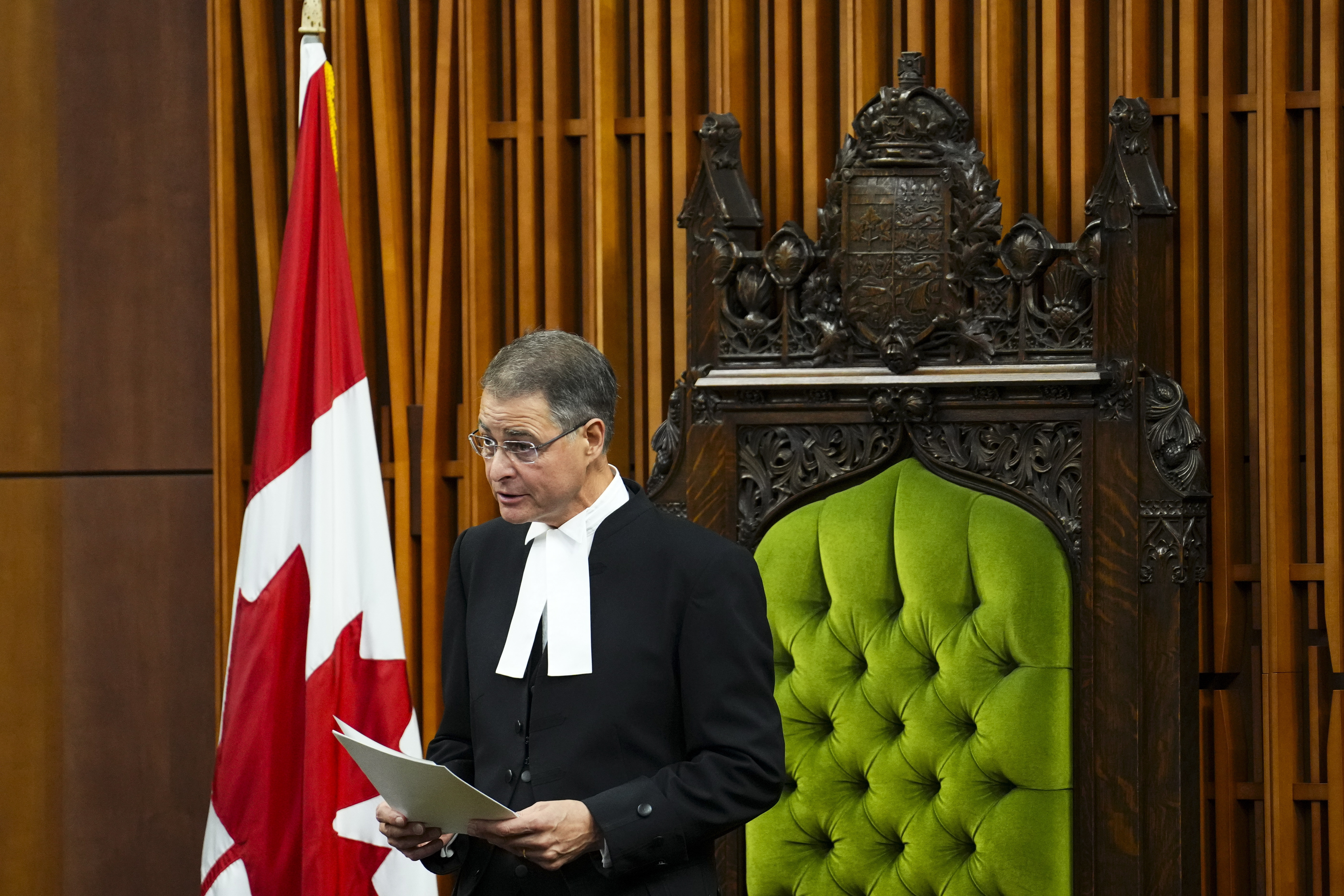
A free daily email with the biggest news stories of the day – and the best features from TheWeek.com
You are now subscribed
Your newsletter sign-up was successful
There's been a major change in Canadian Parliament, as the speaker of the House of Commons, Anthony Rota, has resigned. Rota's four-year tenure as the presiding officer of Canada's lower house came to an end after he invited a Canadian-Ukrainian World War II veteran to sit in on a speech given by Ukrainian President Volodymyr Zelenskyy.
However, it soon came to light that this 98-year-old man had served not for the Canadian Army, but for Nazi Germany. After this fact was revealed, calls came from across the legislature for Rota to step down from his position, something he chose to do days after the speech.
In a statement prior to his resignation, Rota said that he "subsequently became aware of more information" regarding the veteran. How did this lapse occur, and what will happen in the House of Commons moving forward?
The Week
Escape your echo chamber. Get the facts behind the news, plus analysis from multiple perspectives.

Sign up for The Week's Free Newsletters
From our morning news briefing to a weekly Good News Newsletter, get the best of The Week delivered directly to your inbox.
From our morning news briefing to a weekly Good News Newsletter, get the best of The Week delivered directly to your inbox.
What prompted calls for Rota's resignation?
The Canadian Parliament had invited Zelenskyy to give a speech during a visit to the nation's capital, Ottawa. During the speech, the Ukrainian president spoke of defending freedom and thanked Canada for its support during the ongoing Ukrainian-Russian war.
To show support for Ukraine's military, Rota invited 98-year-old Yaroslav Hunka to sit in on the speech. The speaker introduced Hunka as a "hero" and "a veteran from the Second World War who fought for Ukrainian independence against the Russians," prompting a standing ovation from Zelenskyy and Parliament members.
In the days following the speech, however, numerous media reports began to emerge that Hunka had in fact fought on the side of the Nazis during the war. While Rota had introduced him as a veteran of the First Ukrainian Division, this was another name for "what had previously been called the 14th Waffen Grenadier Division of the SS, also known as the 1st Galician Division," according to the Toronto Star. This unit "fought alongside Germany during World War II and declared allegiance to Hitler," The New York Times reported.
While the goal of the unit may have been Ukrainian independence, "being trained by SS officers, you can imagine the kind of political indoctrination they got," Dominique Arel, the chair of Ukrainian studies at the University of Ottawa, told the Times. Hunka's unit "fought for and were trained by Nazis. There’s no question about it.”
A free daily email with the biggest news stories of the day – and the best features from TheWeek.com
After Hunka's participation in the division was revealed, calls came from Canadian and Jewish groups alike for Rota to step down. It was "incredibly disturbing to see Canada's Parliament rise to applaud an individual who was a member of a unit in the Waffen-SS, a Nazi military branch responsible for the murder of Jews and others," the Friends of Simon Wiesenthal Center for Holocaust Studies said in a statement. The center added that Hunka's unit "was responsible for the mass murder of innocent civilians with a level of brutality and malice that is unimaginable." All four recognized political parties in the House, including the senior leadership of Rota's own Liberal Party, also urged Rota to resign.
Amidst these universal calls for his resignation, Rota stepped down from his role as speaker on Sept. 27. During a speech announcing his resignation, Rota spoke of his "profound regret" for actions that "caused pain to individuals and communities, including the Jewish community in Canada and around the world."
What's next for Canadian Parliament?
Rota was replaced in the role by Louis Plamondon, who will serve as an interim speaker until a permanent replacement is chosen. The legislature won't have to wait long for this to occur, as an election for a new speaker is slated to take place on Oct. 3.
Four candidates have emerged for the job, according to the National Post. This includes two MPs from Rota's ruling Liberal Party. The first is Greg Fergus, who said the House "needs to have frank, honest debate, but it also needs to be a place where people can speak," per the Post. Alexandra Mendès, another Liberty Party member who is also one of the two assistant deputy House speakers, has also announced her intention to pine for speaker.
The other assistant deputy House speaker, the New Democratic Party's Carol Hughes, has also put her name in the running. The four pledged candidates are rounded out by Conservative Party member Chris d’Entremont. Though d’Entremont is currently the deputy speaker, the Post noted that it was "rare for an opposition MP to be named speaker."
Justin Klawans has worked as a staff writer at The Week since 2022. He began his career covering local news before joining Newsweek as a breaking news reporter, where he wrote about politics, national and global affairs, business, crime, sports, film, television and other news. Justin has also freelanced for outlets including Collider and United Press International.
-
 6 of the world’s most accessible destinations
6 of the world’s most accessible destinationsThe Week Recommends Experience all of Berlin, Singapore and Sydney
-
 How the FCC’s ‘equal time’ rule works
How the FCC’s ‘equal time’ rule worksIn the Spotlight The law is at the heart of the Colbert-CBS conflict
-
 What is the endgame in the DHS shutdown?
What is the endgame in the DHS shutdown?Today’s Big Question Democrats want to rein in ICE’s immigration crackdown
-
 House votes to end Trump’s Canada tariffs
House votes to end Trump’s Canada tariffsSpeed Read Six Republicans joined with Democrats to repeal the president’s tariffs
-
 ‘My donation felt like a rejection of the day’s politics’
‘My donation felt like a rejection of the day’s politics’Instant Opinion Opinion, comment and editorials of the day
-
 ‘It’s good for the animals, their humans — and the veterinarians themselves’
‘It’s good for the animals, their humans — and the veterinarians themselves’Instant Opinion Opinion, comment and editorials of the day
-
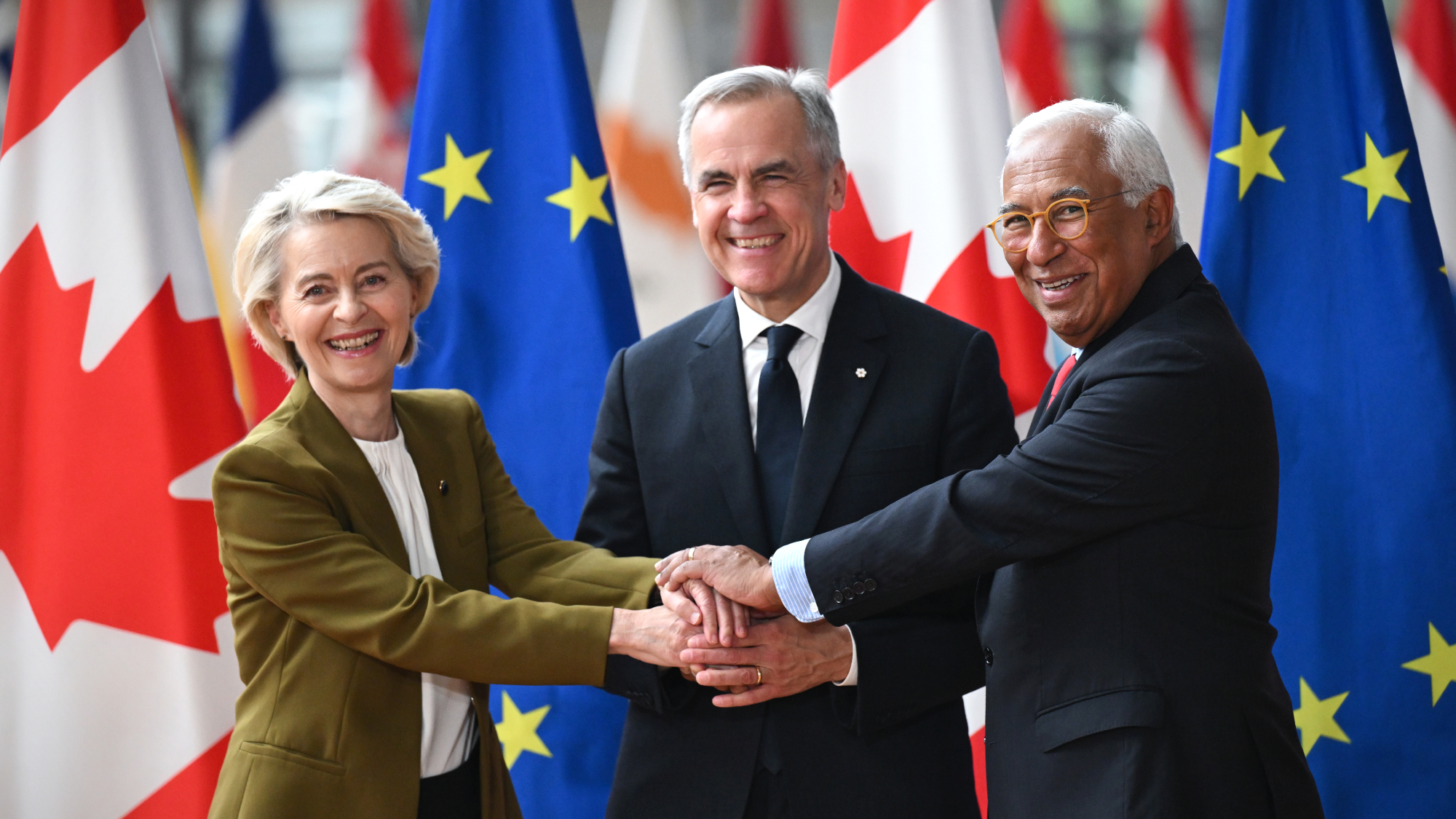 Canada joins EU’s $170B SAFE defense fund
Canada joins EU’s $170B SAFE defense fundspeed read This makes it the first non-European Union country in the Security Action for Europe (SAFE) initiative
-
 ‘Security is no longer a function only of missiles and fighter jets’
‘Security is no longer a function only of missiles and fighter jets’Instant Opinion Opinion, comment and editorials of the day
-
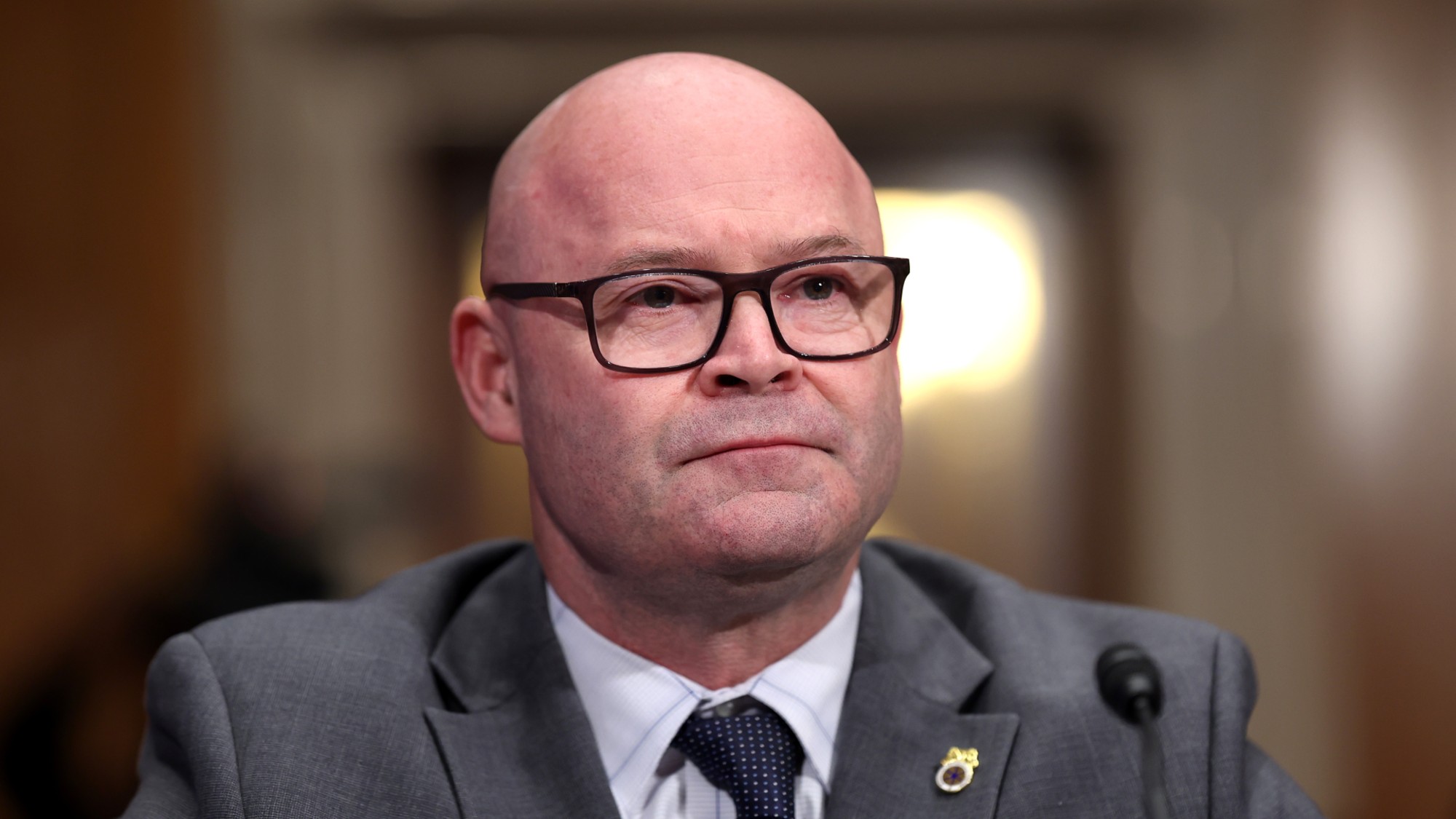 ‘Businesses that lose money and are uncompetitive won’t survive’
‘Businesses that lose money and are uncompetitive won’t survive’Instant Opinion Opinion, comment and editorials of the day
-
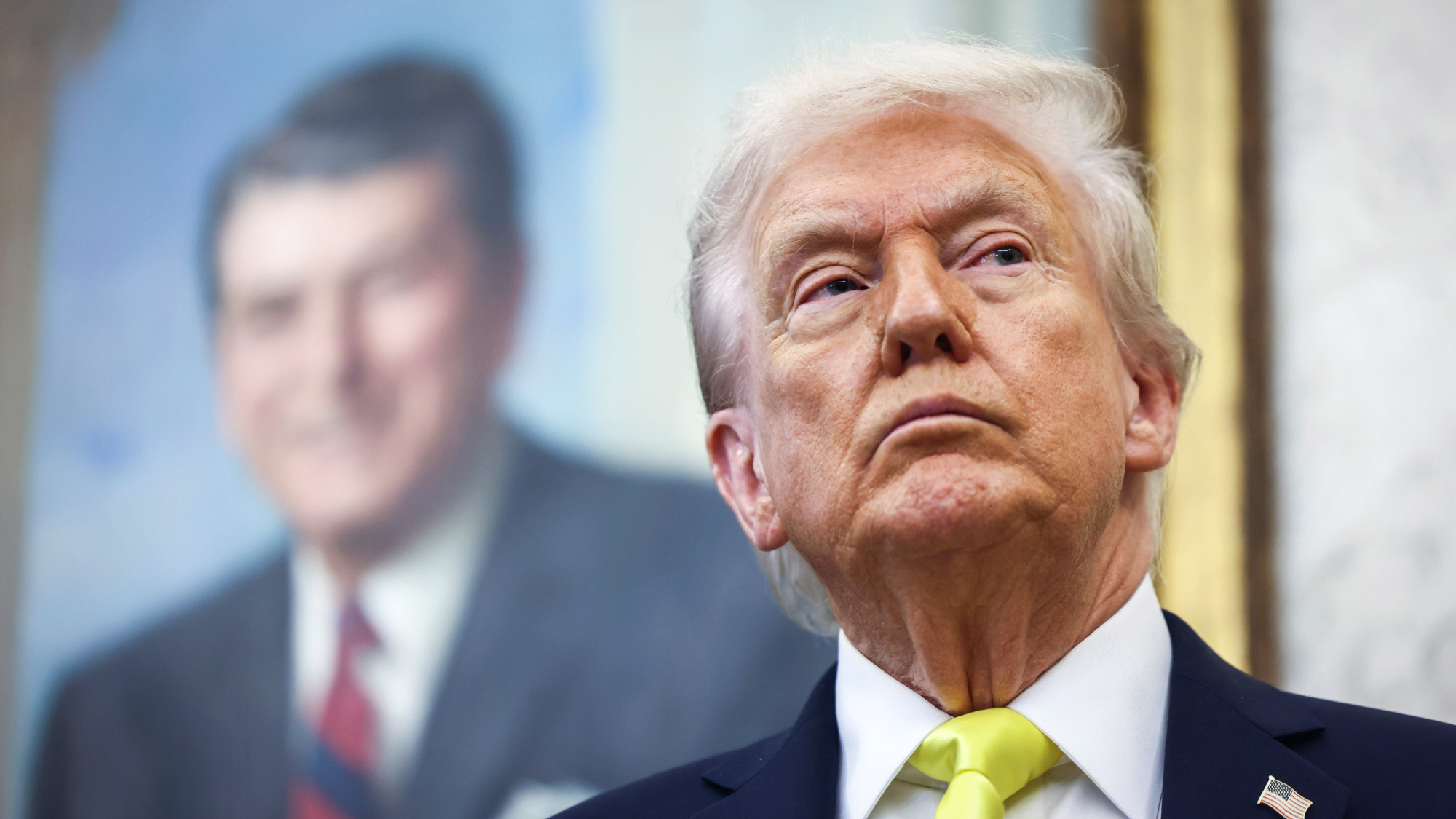 Trump vows new tariffs on Canada over Reagan ad
Trump vows new tariffs on Canada over Reagan adspeed read The ad that offended the president has Ronald Reagan explaining why import taxes hurt the economy
-
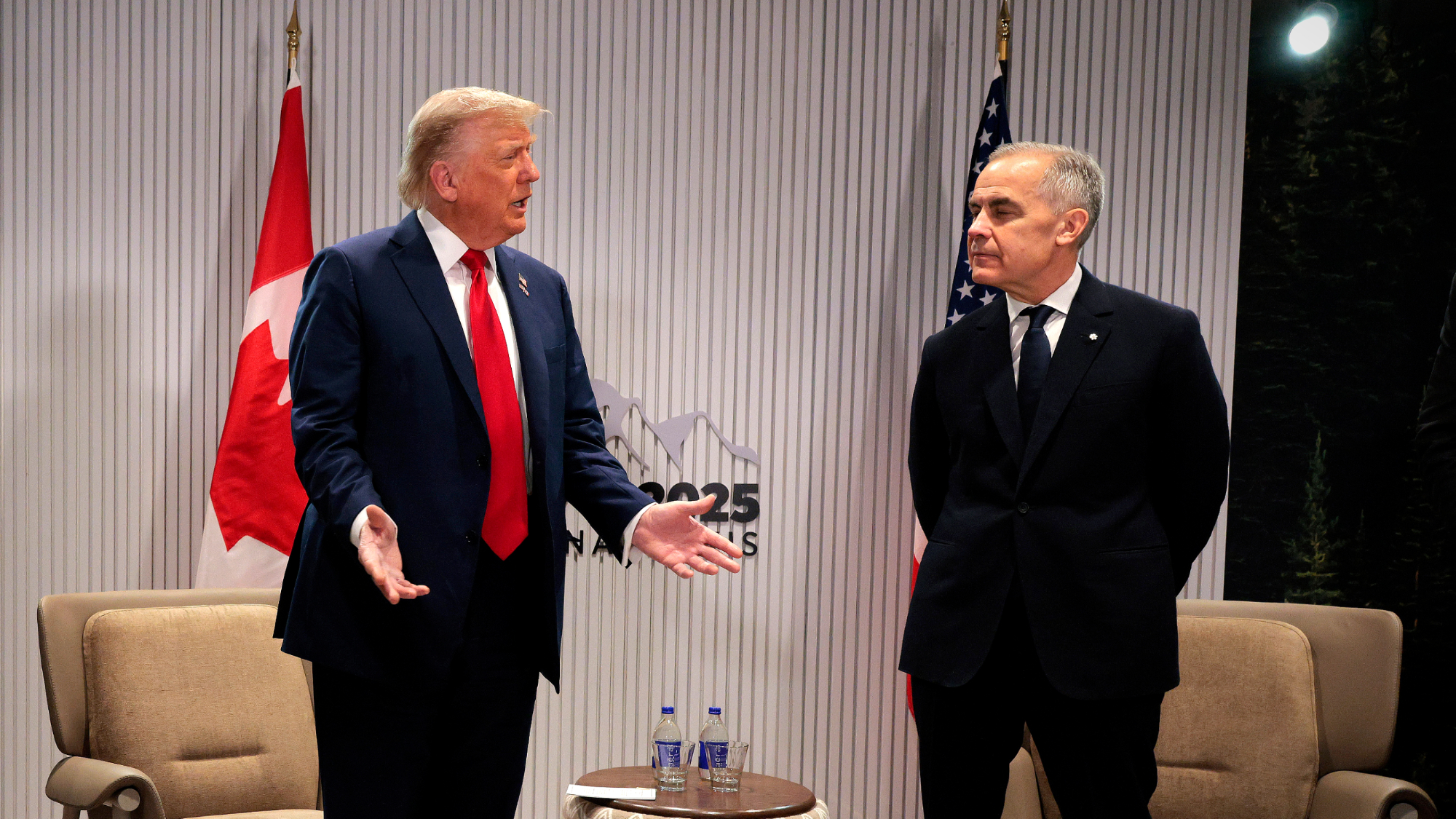 Trump assigns tariffs, delays all except on Canada
Trump assigns tariffs, delays all except on CanadaSpeed Read A 35% tariff on many Canadian goods has gone into effect
